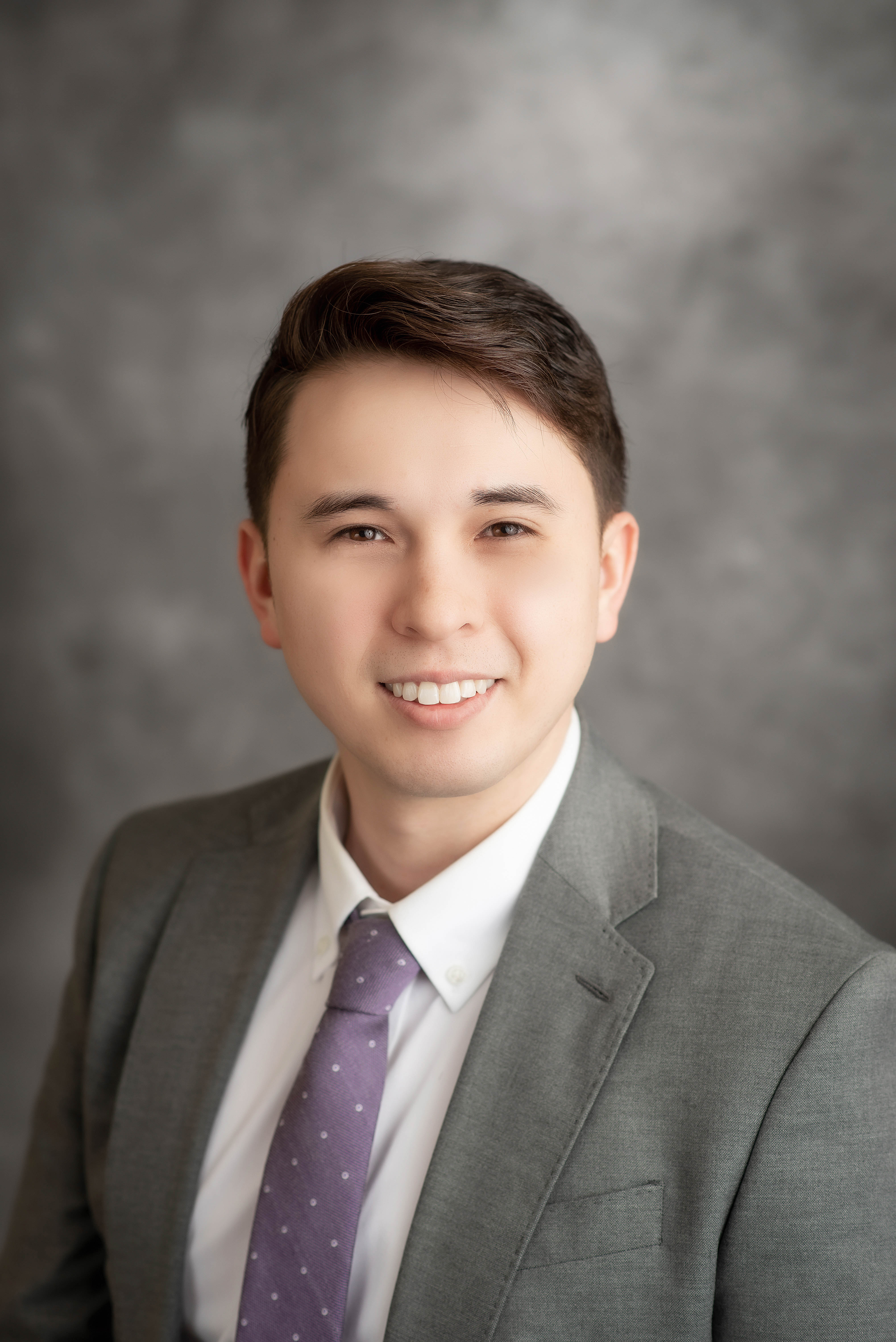David Storck, MS4, is a current TIP student at the Ascension Providence Family Medicine Residency. by David Storck, MS4 “She won’t be getting better. Me being here won’t change that.” For the first time in my life, I saw my grandfather break down in tears. My grandmother, now back in the nursing home from the emergency department after falling again, was diagnosed with Alzheimer’s disease four years ago. Her primary care doctor had stopped by after some coercing from my grandfather. Her doctor was visibly irritated by my grandfather’s concerns and barked out those words before leaving. My grandfather had never been one to worry, but my dad would tell me every time we visited how he had become a completely different person since that diagnosis.
Our whole family changed. My father didn’t sleep much. When he wasn’t working, he was at the nursing home with my aunts and uncles spending the diminishing time they had with the family matriarch. My older brother was expected to pick up the slack at home, doing yard work, replacing light bulbs and fire alarm batteries, and helping me with my homework. I watched him grow up completely in just 3 years. My mother picked up extra shifts at work to help with the added expense of the nursing home. She would cook extra meals for my grandfather and go to his house to help keep things tidy there as well. Being completely derailed had become the “norm.” It was not until later in life that I realized how the diagnosis of one can affect the lives of many. My grandmother lost more and more of her ability to communicate, and as a result, my family felt increasingly helpless.
Out of everything that was taken from her by this disease, losing her communication was the most agonizing to see; the family voice of reason, one of the first leaders I ever knew, could no longer show concern, give advice, or express her love. I often think back to the words my grandmother’s primary care physician said and how crushed and insignificant they made our family feel. These words ring in my ears with every patient I hear today voicing a concern, and this memory gives me the overwhelming desire to be better than the words he spoke to my grandfather. Watching my grandmother be treated so poorly as she lost her “voice” made me certain that I wanted to speak up for those who are not heard, and that is exactly what I have done throughout my life. I spent years working with Alzheimer’s patients and the elderly population as a caregiver and volunteer.
My time as a behavioral therapist was spent advocating for patients with autism spectrum disorder from families with low socioeconomic status. The American Association of Family Practitioners lists being “a reliable first contact for health concerns for people of all walks of life and adapting care to fit the unique needs of their patients and their community” as a defining role of a family doctor. These qualities are not only the roles that I have embraced through my past patient advocacy, but they are also attributes that I am prepared to spend the remainder of my life perfecting. Entry into The Integrated Medical School and Family Medicine Residency (TIP) Program would give me an excellent opportunity to firmly establish myself down that path.
It would launch me into a career in family medicine by affording me the unique opportunity to work among family physicians as a sub-intern for an entire year before residency begins. Through this program, I would hone my clinical skills and become fully immersed in family medicine a full year earlier than most residents have the opportunity to, thus preparing me for the increased rigor and responsibility of being a PGY 1 in family medicine. I would be an incredible asset to this accelerated family medicine program because of my strong background in patient advocacy, the many diverse communities I have learned from, and also because I am propelled by determination to be a better representative of the field that I love than the doctor who could not give my grandmother a voice.
